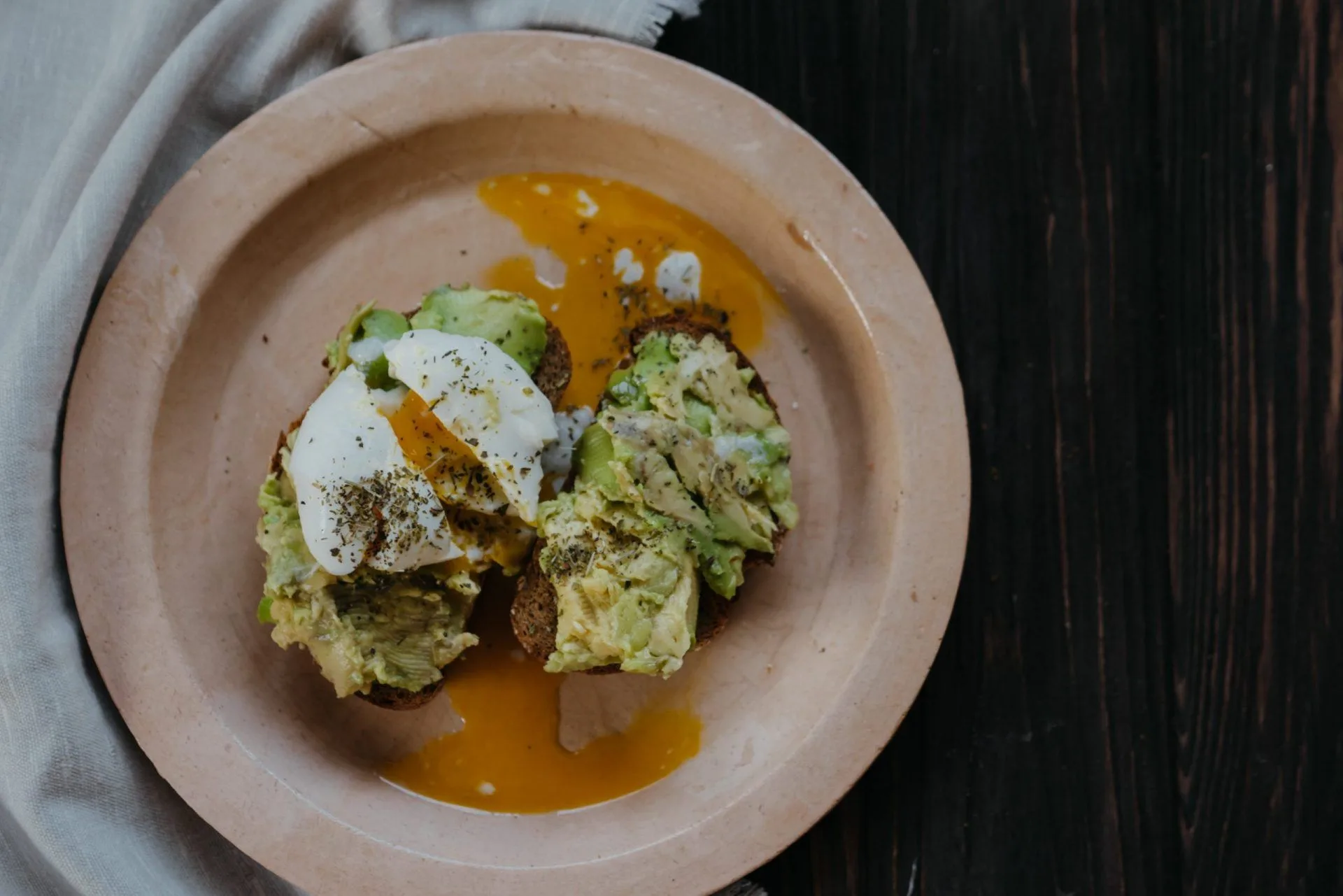We are just a few days away from the New Year, and we understand the excitement behind creating new goals. Working towards a specific goal can help individuals feel motivated day-to-day, especially when it comes to dieting and weight loss. To help you begin your journey to healthier eating, we have information and research to help answer all your questions on popular diets. Always use your best judgment before embarking on a diet, and don’t forget to consult with a professional, especially if you have underlying medical issues.
The basics
In this article we have focussed on the most mainstream dietary approaches that have been well researched and generally found to be effective. There are many variations of the the theme. Included in the article are links to more detailed articles, which we would encourage you to read as you discover more about what will work best for you. Everyone is different. Not all diets fit all people. Find one that works for you.
Get a DNA test to determine which diet will work best for you
Did you know that you can now get a DNA test which will help you understand what diet your body will respond best to?
DNA Diet
Practitioners use this test to prescribe the correct healthy eating and exercise plans for their patients. Based on each person’s score, DNA Diet helps to determine whether one should be following a low-fat, low-carb, or Mediterranean-type diet. DNA Diet also tests several gene variations that affect metabolism, absorption, and storage of fats and carbohydrates.
Should you fast?
Fasting has become very popular in recent times. Fasting can be an excellent way to kick-start a dietary programme or maintain weight loss. It is important to understand how fasting works. Also before you start fasting you should consult your medical professional if you have any underlying medical issues.
 Longevity has written a very detailed article on the benefits of fasting. You can read about it here: The Benefits Of Fasting.
Longevity has written a very detailed article on the benefits of fasting. You can read about it here: The Benefits Of Fasting.

Photo by Daria Shevtsova from Pexels
The Mediterranean Diet
The Mediterranean diet takes a lifestyle approach to heart-healthy eating. The main emphasis of the Mediterranean diet is to consume mostly plant-based foods, small amounts of lean meats, and to replace saturated and trans fats with unsaturated fats, such as olive oil. You can read more about the mediterranean diet by clicking on this Longevity article which explores this diet in much more detail: Mediterranean diet facts.
The diet includes vegetables, fruits, whole grains, legumes, nuts, poultry and fish. This diet recommends limiting red meat to no more than a few times per month. Fish and poultry are encouraged up to twice per week. This diet focuses on heart-healthy fats such as plant or nut oils (like olive oil) and the use of herbs and spices to flavour foods, rather than salt. Low-fat dairy products are encouraged, as well.
Red wine is encouraged in moderation, due to its heart protective benefits.
Daily exercise is also important. In fact daily exercise is an important component of any diet.
When it comes to weight loss
Many people ask which is better? A vegetarian diet or the Mediterranean Diet?
Longevity has written extensively on this. Click on this link to found out which diet is best for weight loss. Weight Loss Power Diet
Vegan & Vegetarian Diet
Vegan and vegetarian diets have a similar root in their foundation. They both omit “flesh” foods like meat, poultry, pork, and fish. Vegetarians may consume animal by-products like milk and other dairy items or eggs. Vegans do not consume anything from animal sources including gelatin, whey, casein, and other animal source proteins and by-products like honey.
This diet tends to focus on foods that are plant-based and are relatively high in fiber. There are packaged vegan foods that are not “healthy” necessarily (certain chips or cookies), so it is important to focus on whole foods while eating as a vegan or vegetarian.
Plant based diets are also far better for the environment and have been linked to many longevity, blue zone studies, as promoting longevity.
You can read about a plant based diet by clicking on this longevity link. Here we explore plant based diets in much more detail. Plant Based Diet
Gluten-Free Diet
A gluten-free diet is truly intended for those who suffer from celiac disease or gluten intolerance. Gluten is a protein found in some types of wheat, rye, barley, and oats.
There is very little evidence to support health claims of a gluten-free diet for anyone without a gluten-related disease, but it is very popular now. Weight loss claims of a gluten-free diet may simply be from removing a calorie source and not overeating.
Removing gluten from your diet can decrease your overall fiber and vitamin intake from your diet.
It is important to be aware of this and supplement from other food sources, such as fruits and vegetables and other allowed grains, or from over-the-counter supplements if needed. If a gluten-free diet is medically necessary, always check food labels as many processed or manufactured products contain gluten and know what is safe for you to consume.
Paleo Diet
The paleo diet takes us back to the Paleolithic era in an attempt to eat how cavemen would have eaten through hunting and gathering. This diet focuses on whole foods including lean meats, fish, nuts and seeds, fruits, and vegetables.
Because this diet focuses so heavily on food available during the Paleolithic era, certain foods are not allowed when following this diet: legumes, dairy, and grains. The main purpose of this diet is to take us back to how our ancestors used to eat, which is believed to be the “correct” way to eat, before farming and processed foods were readily available.
Due to the nature of the whole foods included in this diet, this can be a beneficial approach to cleaning up your diet. Many people confuse Paleo with high protein or meat diets, when in fact Paleo diets promote more vegetables than meat based protein options. You can learn about Paleo dieting by clicking this longevity link: Paleo Diets.
Low-Fat Diet
A low-fat diet consists of moderate to high carbohydrates, moderate protein, and low fat. This diet consists of lean meats, beans, grains, fruits, vegetables, and products considered low in fat, such as low-fat dairy. This diet can be relatively high in fiber, depending on the amount of nutrient-dense foods eaten.
A low-fat diet has often been used as a form of treatment to help minimize the occurrence of health conditions, such as obesity and heart disease. Eating a diet containing fat helps to provide satiety, so limiting fat intake to an extreme may be counterproductive.
There is a good deal of speculation on low fat diets and current thinking is moving away from promoting low fat diets, to more plant based eating.

Reduced-Calorie Diet
A reduced-calorie diet focuses on the extreme limitation of food and calories.
When focusing on weight loss, it can be beneficial to focus on long-term results with little changes each day that will add up to weight loss in the future. Reduced-calorie diets tend to be a “quick fix” rather than helping with long-term health benefits.
A reduced-calorie diet would only be recommended to individuals classified as obese or individuals with weight-related health issues requiring immediate weight loss. This approach will include being very disciplined about removing any sugar in your diet, as sugar and complex carbohydrates are the main drivers of calories.
Finding an eating style that works for you can take a little patience, education, and mind-body awareness. Many of these eating styles are strong and healthy options that, over time, you can customize to align with your health and wellness needs.
A brief discussion about smoothies
Many people embark on quick fix smoothie diets in the New Year. While this type of approach to weight loss may result in a loss of some weight, the reality is this kind of diet practiee is not sustainable. It also can be unhealthy as smoothies are often laden with sugar – even if it is natural sugar. You can read why we do not promote smoothies as a diet option in this post. Are Smoothies good for you?
The bottom line
The information in this article is intended for your educational use only. If you have any underlying medical conditions, then you should seek the advice of your physician or other qualified health providers before you embark on any new diet. Take a look at this article from Proper Good for more healthy tips.
Remember that daily exercise is an important component to any successful dietary approach.







![women [longevity live]](https://longevitylive.com/wp-content/uploads/2020/01/photo-of-women-walking-down-the-street-1116984-100x100.jpg)









